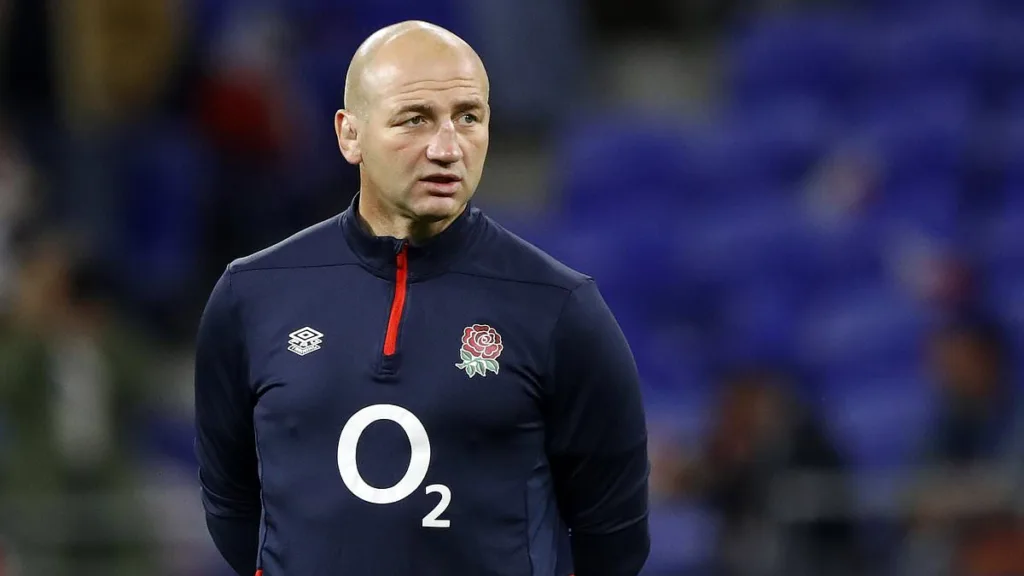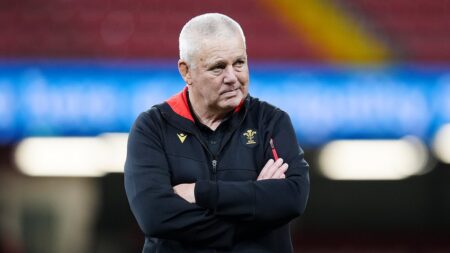Exploring the Implications of the RFU’s Overseas Policy on England’s Rugby Union Prospects
Amid the RFU’s current policy that prevents English national rugby union team coach Steve Borthwick from selecting players based outside England, international head coach Jonny Wilkinson voices a stern critique, emphasizing its detrimental effect on England’s performance in the highly-competitive rugby world (BBC Rugby Union, 9 April 2024).
“Does the overseas rule make England more competitive? Or, as an Olympic rowing team would say: ‘Does it make the boat go faster?’ For me, the answer is an emphatic no.”
The likes of George Ford and Marcus Smith, potential England fly-halves, should be selected based on talent and form rather than the unavailability of other England-based players due to their contracts outside England. More importantly, selecting the best possible players – irrespective of their location – fosters competitiveness and accelerates growth in the national team.
The Impact of Globalization on Professional Sports
In an ideal world, both players and clubs would benefit from a globalized professional sport landscape, where athletes play for the best teams available and clubs nurture exceptional talent. The current RFU policy, however, stifles this dynamic by forcing English players to choose between playing for English clubs and pursuing opportunities in more competitive leagues overseas.
Jonny Wilkinson in his heyday displayed a significant improvement in skill when he moved from Newcastle to French side Toulon; hence, such moves can aid in enhancing the players’ performance and bolstering the national side.
English football this summer is showcasing its adaptability by fielding players from overseas, such as the world’s best young player, Jude Bellingham, and top striker Harry Kane, who have expanded their professional careers outside England.
South Africa’s Overseas Player Policy
South Africa has similarly capitalized on its overseas player policy, serving as a prime example of implementation. For the RFU to remain competitive, a transformation is crucial. Proactively encouraging and facilitating collaboration between English clubs and top foreign teams should be central to revitalizing the national rugby scene.
The RFU’s Defensive Approach
Despite the RFU’s apparent commitment to strengthening English rugby (BBC Rugby Union, 9 April 2024), it’s disheartening to see the lack of foresight and defensive strategy adopted by the RFU Board, Premier Rugby, and CEO Bill Sweeney.
If Steve Borthwick were to have the freedom to pick the best players eligible for England, the national team would undoubtedly strengthen. Ignoring such a fact weakens the team and sacrifices competitiveness on the global rugby stage.
Missed Opportunities for England
Stars like Henry Arundell and Jack Willis, currently unable to represent England due to the RFU’s overseas policy, should be available for selection. As Wilkinson asserts, not picking such outstanding talents erodes the national team’s prowess and significantly impacts performance at the highest level.
As this critical moment approaches, the RFU must seriously examine its current rigid stance and adopt a proactive approach to ensure English rugby maintains its competitive edge. Moving away from the archaic isolationist mentality to one that embraces global collaboration and sportsmanship is key – benefiting not only English rugby but also rugby enthusiasts worldwide.
🔗 Source







